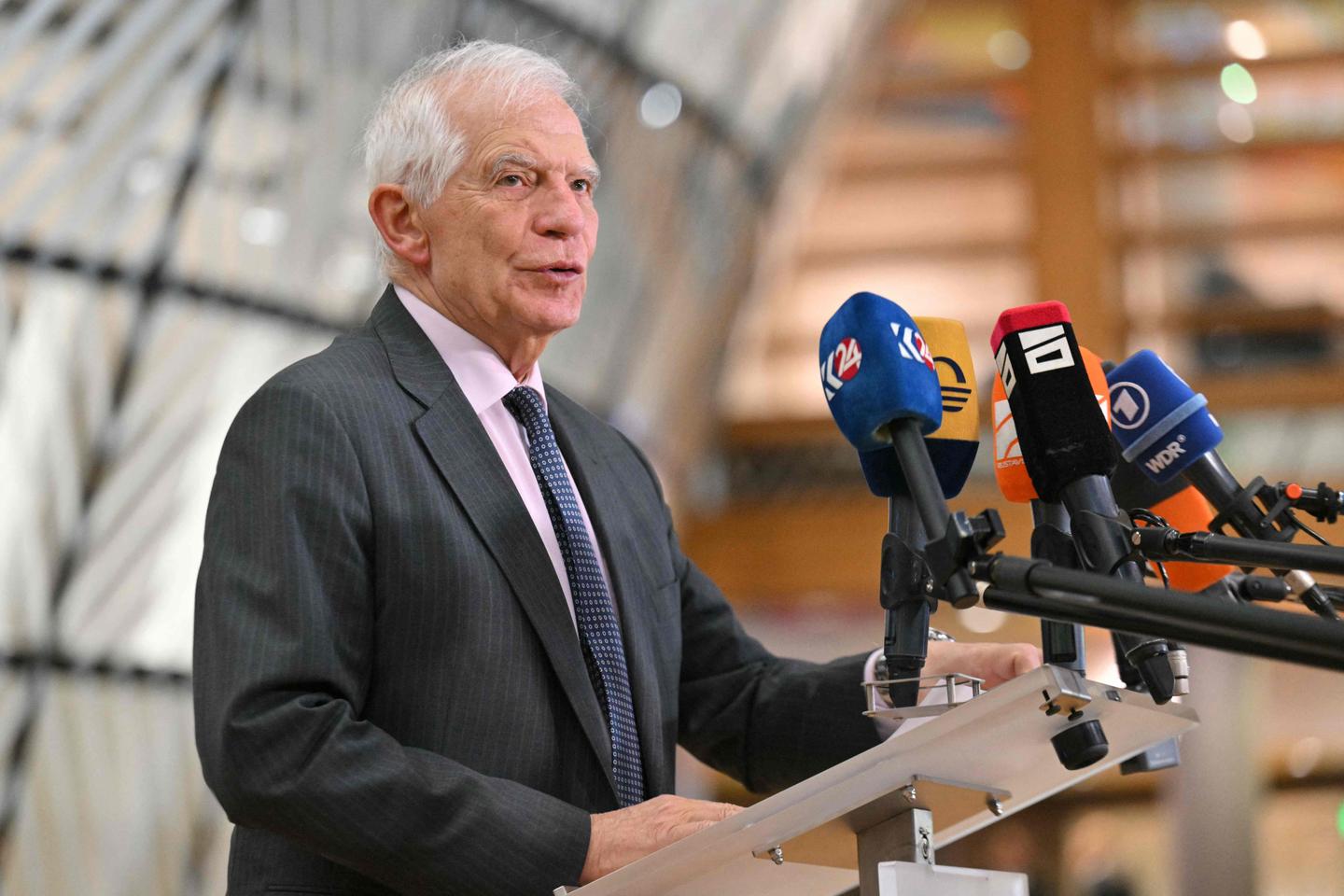There were two contrasting international reactions to the announcement that the International Criminal Court (ICC) had issued arrest warrants for Israeli prime minister Benjamin Netanyahu, former defense minister Yoav Gallant and Mohammed Deif, the leader of the armed wing of Hamas, presumed dead. Two blocs reacting differently: signatories to the Rome Statute, who are bound to implement the decision, and Israel’s supporters, such as the US, which denounced it.
The two Israeli officials are now liable to arrest if they set foot on the soil of one of the 124 signatory countries of the Rome Statute, which established the ICC in 1998. In theory. Some of the signatories, such as Ireland, have reacted positively, with Prime Minister Simon Harris describing the issuance of arrest warrants as an “extremely significant step,” and others, such as Norway, the Netherlands and Belgium, have announced that they will comply with ICC decisions. But reactions overall were very mixed.
Enigmatic formula
Starting with France. The Ministry of Foreign Affairs, while asserting that it “has always supported the Court’s actions” and recalling that the “fight against impunity” had always been a “priority” for Paris, went with an enigmatic response regarding the possibility of arresting Benjamin Netanyahu if he came to France. It would be “a legally complex issue” requiring in-depth analysis, according to Christophe Lemoine, spokesperson for the ministry. On a trip to Chile when the warrants were announced, French President Emmanuel Macron hadn’t planned to respond before his return.
Italy’s Defense Minister Guido Crosetto declared that Italy would be obliged to arrest the Israeli prime minister if he visited the country, while stating that the ICC was “wrong.”
EU foreign policy chief Josep Borrell believed that the arrest warrants in question must be “respected and implemented.” “It is not a political decision. It is a decision of a Court, of a Court of Justice, of the International Criminal Court.” He added that, “This decision is a binding decision and all States, all States parties of the [Rome Statute of] Court, which include all members of the European Union, are bound to implement this court decision.”
A traditional supporter of Israel, Germany’s Foreign Minister Annalena Baerbock said on Friday that she would “carefully examine” the consequences of this decision, while repeating that her country was de facto bound by the decisions of the international court. In May, Berlin had criticized ICC prosecutor Karim Khan’s request to issue arrest warrants, regretting that the “simultaneous application for arrest warrants against the Hamas leaders on the one hand and the two Israeli officials on the other has given the false impression of equivalence.”
You have 47.39% of this article left to read. The rest is for subscribers only.

